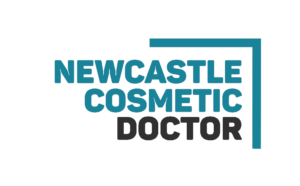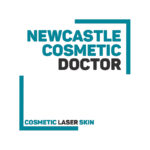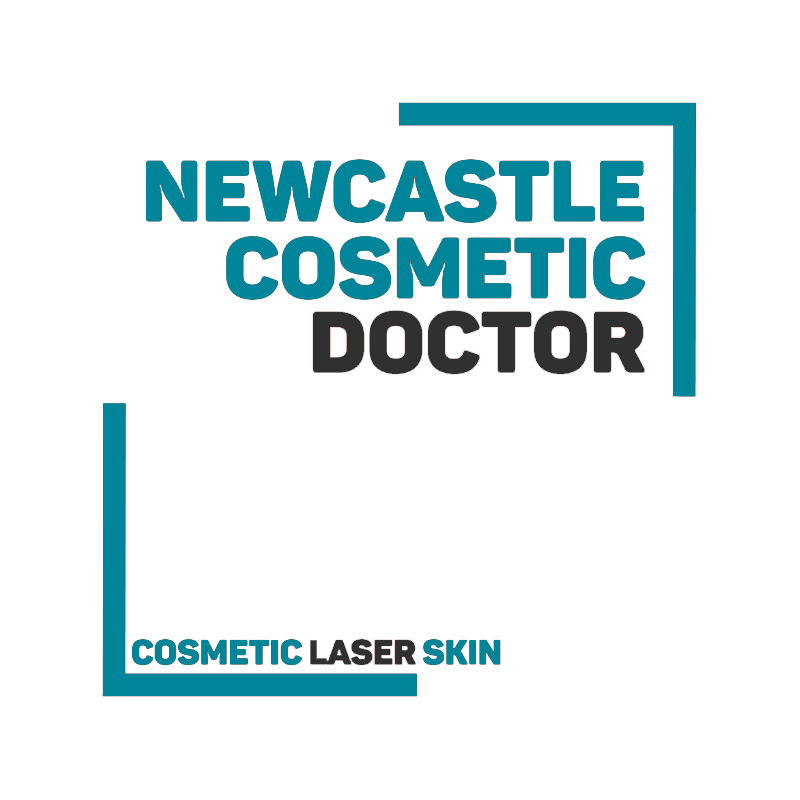1. Purpose
This policy outlines how Newcastle Cosmetic Doctor (NCD) registers and identifies patients accurately before providing cosmetic treatments including anti-wrinkle injections, dermal fillers, threads, bio-stimulators, laser treatments, and skincare. The aim is to ensure correct patient verification, accurate documentation, and compliance with national healthcare and cosmetic medicine standards. 1 2 3 4
2. Scope
This policy applies to all staff involved in patient intake, clinical assessment, consent, and treatment. It includes doctors, nurses, laser therapists, and administrative staff responsible for managing patient data and ensuring correct identification across all services, whether medical or cosmetic, prescription or non-prescription. 1 3 5 6
3. Governance & Accountability
NCD operates under a governance framework led by the Medical Director, who is responsible for ensuring compliance with AHPRA and NSW Health standards. Administrative staff manage front-desk registration, while clinical practitioners verify identity prior to every treatment. All staff must complete privacy and patient safety training as part of their induction. 1 2 3 4 5
4. Registration Process
All new patients must complete a digital or paper registration form capturing full legal name, date of birth, address, contact details, emergency contact, medical history, allergies, and consent for photography and data storage. Identification is confirmed using one government-issued photo ID (e.g., driver’s licence or passport). Patient information is stored securely per OAIC and Australian Digital Health Agency requirements. 3 4 7 7
5. Patient Identification Prior to Treatment
Before performing any cosmetic procedure—injectables, threads, laser, or skincare—the practitioner verifies the patient’s name, date of birth, and treatment plan against the clinical record. For multiple treatments, each site or device session must have a re-verification step to ensure traceability and safety. This complies with the NSQHS and RACGP standards on patient identification. 2 3 7 8
6. Consent Verification & Documentation
Each patient must provide informed consent for every treatment episode. Consent is obtained verbally and in writing before each procedure and stored in the electronic medical record. Consent forms include procedure name, risks, benefits, and practitioner details. A cooling-off period is provided for higher-risk procedures as per AHPRA cosmetic guidelines. 1 2 3 7 9
7. Privacy & Data Security
Patient data, including medical history, photos, and consents, are managed according to the Australian Privacy Principles and OAIC guidance. Access is restricted to authorised personnel only. All electronic data are encrypted, and backups are stored on secure Australian servers compliant with privacy law. Patients can request access to their information or correction of errors at any time. 3 4 8
8. Infection Control & Hygiene in Registration Areas
All registration and consultation areas must comply with NHMRC infection prevention standards. Pens, touchscreens, and waiting room surfaces are disinfected regularly. Staff must perform hand hygiene before and after patient contact to reduce cross-contamination risk. These practices are consistent with NHMRC and NSW Health infection control frameworks. 2 3 5 10
9. Communication of Information
NCD ensures that all communication with patients is clear, respectful, and in line with the Australian Charter of Healthcare Rights. Patients are informed about what personal information is collected, why it’s needed, and how it is used. Multilingual materials are available for patients with limited English proficiency, ensuring inclusivity and comprehension. 3 4 7 9
10. Continuous Improvement & Audit
Patient registration and identification processes are reviewed annually as part of NCD’s governance audits. Any discrepancies or near misses are documented and reviewed to improve protocols. Staff training is updated to reflect new regulations from AHPRA, ACSQHC, or OAIC. All audit outcomes are reported in clinical governance meetings for transparency. 1 3 4 5 7 9
Sources
- Ahpra, Guidelines for Non-Surgical Cosmetic Procedures (2025)., viewed 24 October 2025, https://www.ahpra.gov.au/News/2025-01-31-Guidelines.aspx ↩
- NSW Health, Clinical Procedure Safety Policy (PD2017_032)., viewed 24 October 2025, https://www1.health.nsw.gov.au/pds/ActivePDSDocuments/PD2017_032.pdf ↩
- Australian Commission on Safety and Quality in Health Care (ACSQHC), NSQHS Standards (2nd ed.)., viewed 24 October 2025, https://www.safetyandquality.gov.au/standards ↩
- OAIC, Australian Privacy Principles (APPs)., viewed 24 October 2025, https://www.oaic.gov.au/privacy/australian-privacy-principles ↩
- SafeWork NSW, WHS Legislation and Model Codes of Practice., viewed 24 October 2025, https://www.safework.nsw.gov.au/law-and-policy/work-health-and-safety-legislation ↩
- NHMRC, Infection Prevention and Control in Healthcare (2019)., viewed 24 October 2025, https://www.nhmrc.gov.au/about-us/publications/australian-guidelines-prevention-and-control-infection-healthcare-2019 ↩
- Australian Charter of Healthcare Rights, ACSQHC., viewed 24 October 2025, https://www.safetyandquality.gov.au/our-work/partnering-consumers/australian-charter-healthcare-rights ↩
- Australian Digital Health Agency, My Health Record Guidelines., viewed 24 October 2025, https://www.digitalhealth.gov.au/using-the-my-health-record-system/healthcare-providers ↩
- HCCC NSW, Code of Conduct for Health Practitioners., viewed 24 October 2025, https://www.hccc.nsw.gov.au/ ↩
- RACGP, Patient Identification and Clinical Governance Resources., viewed 24 October 2025, https://www.racgp.org.au/running-a-practice/practice-resources/standards/5th-edition/ ↩


